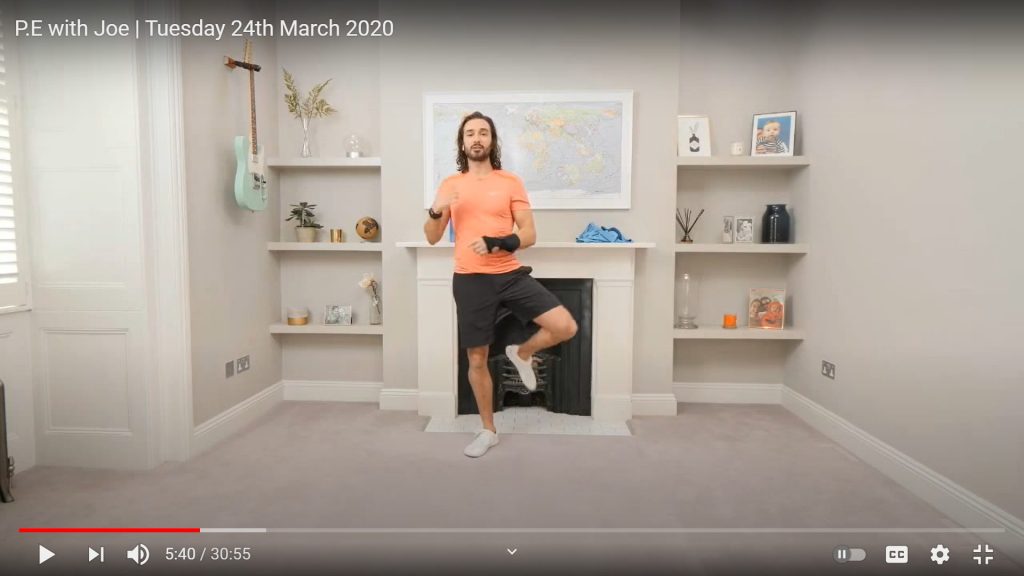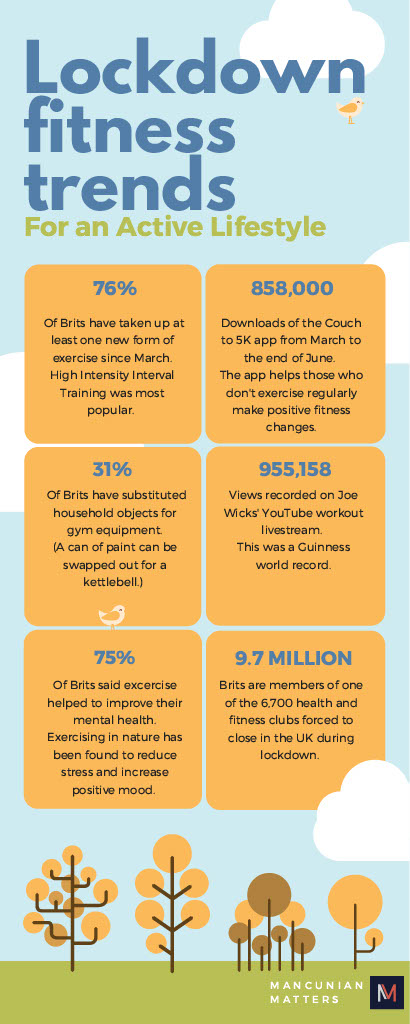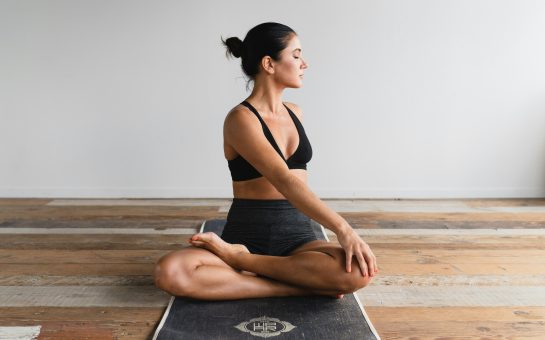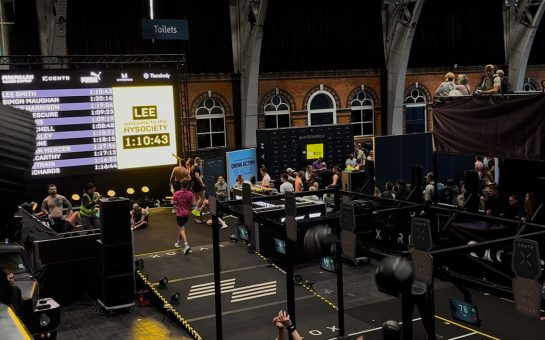New Years’ resolutions almost always feature a pledge to join a gym as people yearn to burn off their Christmas weight gain and begin the year with a healthier lifestyle.
Veteran gym goers often bemoan the crowded facilities in January that were empty in December, and likely would be again come February.
But as 2021 kicks off with a third national lockdown, both gym bunnies and fitness beginners will have to adapt to working out from home.
As a member of the latter category, I will be embarking on my fitness odyssey never knowing about the facilities I will be missing.
Living in a one bed flat without a balcony, there is no space for a rowing machine or a set of barbells (there’s no money for them either, for that matter).
I decided my physical activity would focus mostly on running, as this would get me out of the flat and doesn’t require any expensive equipment, as well as a Joe Wicks workout once or twice a week.
Reactions following the January 4 lockdown revelation that most people should spend at least the next seven weeks confined to their homes, except for exercise and essential business, were of frustration and anger.
However, there was also a sense of resilience. High-profile sportspeople took to social media to encourage those who may be feeling deflated by the news.
Boxer Tyson Fury tweeted a video in which he said: “No matter what’s going on in your life at this present moment, I’ve probably already been there.”
He advised people to “go for a bit of running, eat a bit of clean food.”
Fitness guru Joe Wicks, who developed simple home workouts for children and adults to complete during the first national lockdown, explained he was struggling with low mood following the announcement of a third lockdown.
Over Instagram, Wicks wrote on a post, “It’s okay to feel emotional.”
In the accompanying video, he maintained: “I know I won’t feel like this forever.”
He said: “I want to let people know that we’re all going through this, we all feel emotional, we all feel sensitive, we all feel angry.”


That is definitely true. Maybe I was naïve to sign up for a one bed flat in August, assuming that I wouldn’t have to spend months confined to it.
Either way, hearing public figures open up with personal mental health stories, particularly those who seem stoic on the surface, like Fury, does help.
It is important to shed more light on an area of health that is often ranked below physical fitness.
Both mental and physical wellbeing go hand in hand. As someone who has experienced panic attacks and anxiety in recent years, beginning an exercise routine that I can stick to is something which I hope will help to maintain positive mental health.
In the past, intense exercise sometimes led to a panic attack, as the feeling of breathlessness or changes in my breathing could be a trigger.
This put me off substantial exercise for a long time, and after my first run of the New Year, something like this did occur.
However, I was prepared for this and knew that by slowing down I would be able to exercise in a way which I found more comfortable.
Starting with short runs at a more relaxed pace enabled me to give myself a base from which to work, without putting me off exercise altogether.
As well as the obvious benefits to my physical health, I am starting to notice my mental wellbeing improve.
Across the first two lockdowns, Brits certainly exercised more, despite the reduced access to facilities.
One in five people took up exercise as a form of self-care.
Data from January 2020 showed that one quarter of Brits don’t do as much as a half hour session of exercise a week.
A year later, and new stats suggest that six million more Brits are exercising every day than they were BC (Before Covid).
In the first lockdown, Brits also introduced more fitness activities into their daily lives.

Recent research found that Manchester is the fittest UK city during the pandemic, with Liverpool and London coming in 2nd and 3rd place.
Two thirds of Mancunians are working out at least once a week, and 41% are training three to six times a week. I am hoping to stay a part of this statistic as I continue to develop a fitness routine that works for me.
For many people, though, exercise is the furthest thing from their mind as they find themselves preoccupied by the fallout from Covid, the stress of continued lockdowns, and doomscrolling.
I spoke to Alex Benson, director of a boutique gym in Hull, about the barriers lockdowns pose for fitness, and the relationship between exercise and mental health.
Benson’s mantra was: “consistency will always trump intensity.”
He explained the importance of setting realistic goals and focusing on small steps towards becoming fitter, rather than working towards unrealistic targets.
Some businesses have offered support to people who want to stay fit (and sane) during a lockdown that could last for months.
On 19th November last year, PureGym made its fitness app, previously only available to paid up members, free to everyone.
The app features more than 400 workouts which cover all abilities from total beginner to fitness gurus.
Classes and advice are also available which are designed to maintain physical and mental health.
Over one million people have already downloaded the app from the Apple app store or Google Play.


Joe Wicks also brought back his weekly PE classes in January, and Happy Mondays’ Bez announced he would be streaming his workouts.
Bez said: “Lockdown has been tough, so hopefully this will help to cheer everyone up.”
So, despite the fact that gyms have closed, and with them a facility that millions rely on every week for their physical and mental health, there are other ways of keeping healthy.
So far, I have found that I enjoy running much more than I expected to.
Granted, I haven’t done all that much of it yet, and I don’t have the stamina to run for hours at a time, but I am slowly becoming more comfortable with exercise.
When the gyms reopen I might even sign up.



